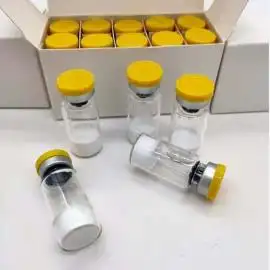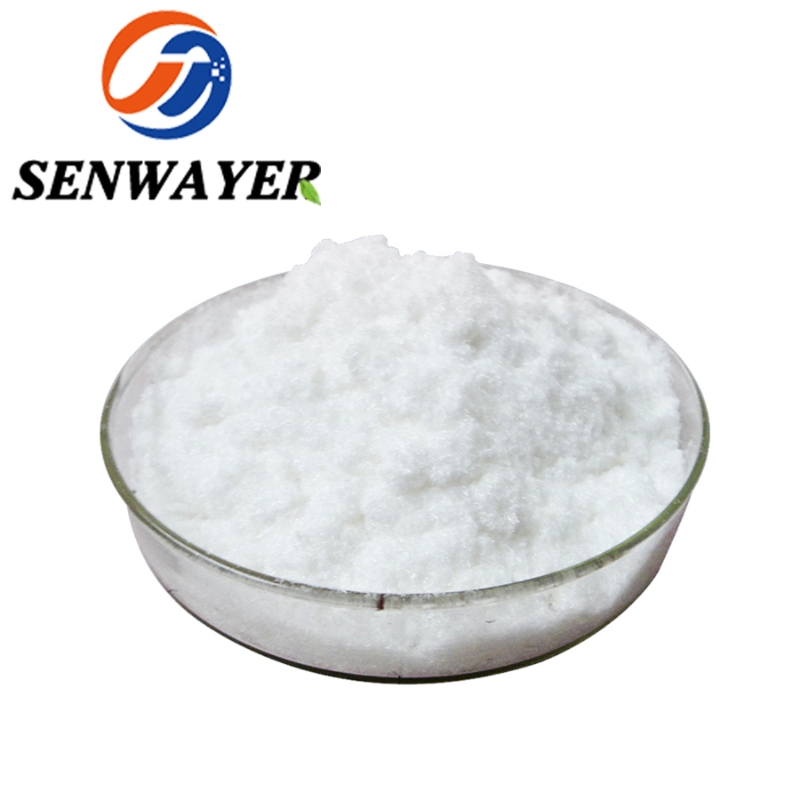-
Categories
-
Pharmaceutical Intermediates
-
Active Pharmaceutical Ingredients
-
Food Additives
- Industrial Coatings
- Agrochemicals
- Dyes and Pigments
- Surfactant
- Flavors and Fragrances
- Chemical Reagents
- Catalyst and Auxiliary
- Natural Products
- Inorganic Chemistry
-
Organic Chemistry
-
Biochemical Engineering
- Analytical Chemistry
-
Cosmetic Ingredient
- Water Treatment Chemical
-
Pharmaceutical Intermediates
Promotion
ECHEMI Mall
Wholesale
Weekly Price
Exhibition
News
-
Trade Service
Ledipasvir Intermediate: Understanding the Upstream and Downstream Products in the Chemical Industry
Ledipasvir intermediate is an important molecule in the chemical industry, used in the production of antiviral drugs for the treatment of hepatitis C.
The process of manufacturing ledipasvir intermediate involves several steps, including the synthesis of intermediate compounds and their subsequent transformation into the final product.
Upstream Products
The upstream products in the manufacturing process of ledipasvir intermediate are the raw materials required for the production of the intermediate compounds.
These raw materials include various chemicals, reagents, and precursors, which are sourced from various suppliers and manufacturers.
The selection of these raw materials is critical to the quality and efficacy of the final product, and their purity and consistency must be carefully controlled to ensure that they meet the required specifications.
Downstream Products
The downstream products in the manufacturing process of ledipasvir intermediate are the final products that are produced using the intermediate compounds.
In the case of ledipasvir intermediate, the final product is the antiviral drug used to treat hepatitis C.
The quality and efficacy of the final product depend on the quality and purity of the intermediate compounds used in its production.
The manufacturing process of ledipasvir intermediate involves various steps, including synthesis, purification, and formulation.
The synthesis step involves the creation of intermediate compounds through chemical reactions, while the purification step involves the removal of impurities and the isolation of the pure intermediate compound.
The formulation step involves the mixing of the intermediate compound with other ingredients to produce the final product.
The intermediates used in the production of ledipasvir intermediate must meet strict quality standards to ensure that the final product meets the required specifications for purity, efficacy, and safety.
The quality of the intermediates is critical to the success of the manufacturing process, and their purity and consistency must be carefully controlled to ensure that they meet the required standards.
The manufacturing process of ledipasvir intermediate is a complex and multi-step process that requires specialized equipment and skilled operators.
The process involves various stages, including synthesis, purification, and formulation, and each stage must be carried out with precision and care to ensure the quality of the final product.
The demand for ledipasvir intermediate is growing, driven by the increasing incidence of hepatitis C and the need for effective treatments.
The supply chain for ledipasvir intermediate must be carefully managed to ensure that the manufacturers can meet the demand for the product while maintaining its quality and efficacy.
In conclusion, the manufacturing process of ledipasvir intermediate involves various upstream and downstream products, including raw materials, intermediate compounds, and the final product.
The quality and efficacy of the final product depend on the quality and purity of the intermediate compounds used in its production, and the manufacturing process must be carefully managed to ensure that the product meets the required specifications.
The growth in demand for ledipasvir intermediate highlights the importance of the product in the treatment of hepatitis C and the need for effective and efficient supply chain management.







